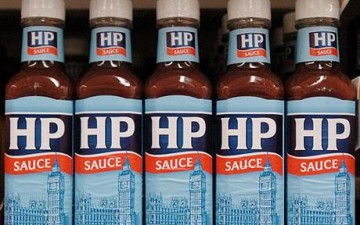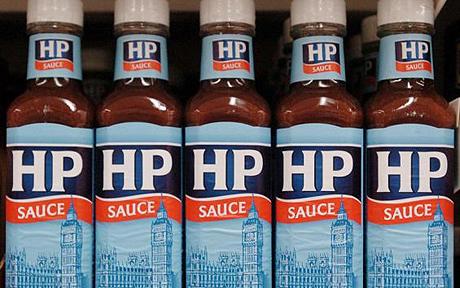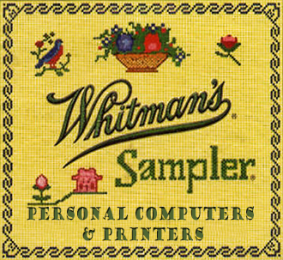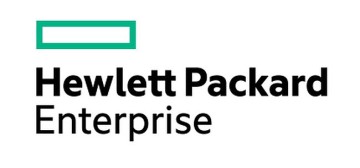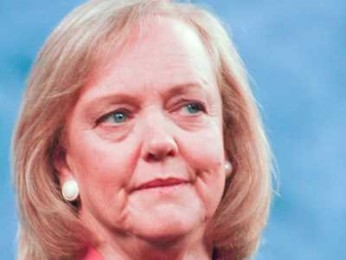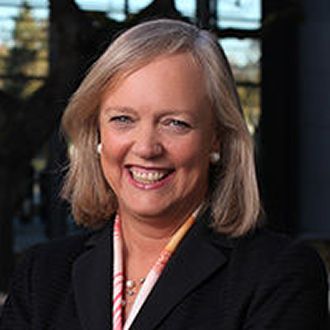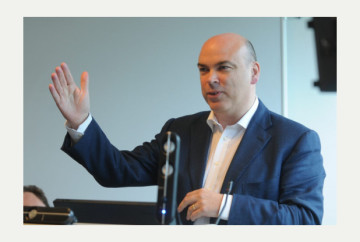 A new document, being waved angrily by former Autonomy boss Mike Lynch appears to question how the maker of expensive printer ink wrote down the value of Autonomy.
A new document, being waved angrily by former Autonomy boss Mike Lynch appears to question how the maker of expensive printer ink wrote down the value of Autonomy.
HP conducted a re-basing exercise after Lynch left. The process was led by Chris Yelland, a senior HP executive who had been parachuted in to Autonomy shortly after the acquisition and went on to run its finance team.
The findings of the re-basing exercise was produced on December 19 2012 by a member of the revenues team at HP Autonomy. According to Lynch, it raises questions about HP’s reasoning for its $8.8 billion writedown of Autonomy in November 2012, $5.5 billion of which was stated to be due to “accounting misrepresentations” at the company.
“The document was completed a month after HP made those allegations and any future valuation of the company would have had to include them. HP’s own court filings repeatedly assert the rebasing analysis includes the effects of the allegations,” he said.
In a series of spreadsheets, HP placed Autonomy’s deals into different columns, according to whether it believed revenues were correctly booked under the UK’s IFRS accounting standards or whether they would meet US GAAP rules, the accounting standard used by HP.
Lynch said that the way HP labelled columns in this document shows Meg Whitman’s attempt to blame Autonomy and HP’s former management for her own mismanagement is no longer tenable.
HP believed about $350 million worth of deals at Autonomy between 2010 and the first three quarters of 2011 were booked improperly. Deals worth $8.4 million were considered “Not IFRS compliant confirmed,” whereby HP believed they fell short of UK accounting standards.
More than $252.4 million worth of revenues was considered “Not IFRS compliant probable”. This suggests that the US company considered the accounting for these Autonomy deals was suspicious, but had not conclusively found it did not meet UK accounting standards.
In addition, $83.6 million worth of deals were placed in a category labelled “Management Difference/US GAAP difference,” where these transactions had been removed for not meeting the requirements set by US GAAP accounting standards.
Lynch also objected to the reasons why HP considered some deals improper.
The document placed Autonomy transactions in several different categories, such as “hardware resale”: deals where PCs and other devices were, in the majority of cases, sold without Autonomy software being preloaded. Although these sales generated revenues, they often made an overall loss.
HP claimed hardware deals such as these were not commercially sound and were used purely to inflate revenue however, Autonomy has argued they served a marketing purpose, such as helping to establish commercial links with blue-chip customers.
HP also did not like how Autonomy booked part of the revenue from a continuing contract as an upfront licence payment, and “reciprocal deals”, whereby Autonomy sold software to a company while claiming to buy a product or service from that same customer.
HP said that Autonomy used early-payment discounts to encourage customers to pay future hosting fees early, then booked these as revenue immediately when they should have been spread across future periods.
HP has not revealed the precise calculations that led to its writedown on the company, more than $5 billion of which was due to alleged accounting improprieties.
Lynch claims the document raised doubts as to the reasons why HP took its writedown and the size of the charge. “Three years post-acquisition, Meg Whitman needs to explain the exact calculation of the writedown to her shareholders, as well as to the relevant authorities where accounts have been restated and attempts made to reclaim tax on the basis of her allegations,” he said.
 The former maker of expensive printer ink, HP Enterprise, has selected Microsoft’s Azure as its preferred public cloud partner.
The former maker of expensive printer ink, HP Enterprise, has selected Microsoft’s Azure as its preferred public cloud partner.